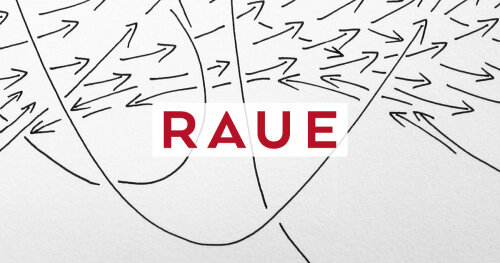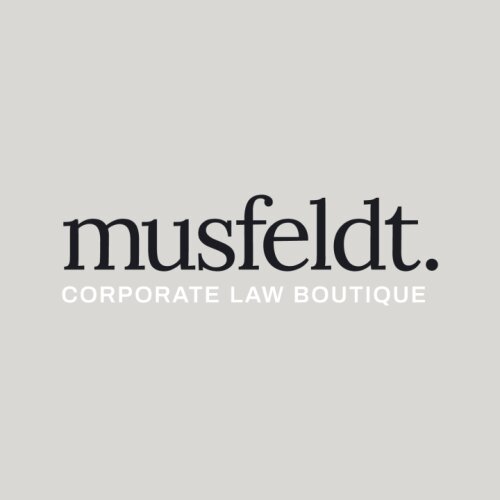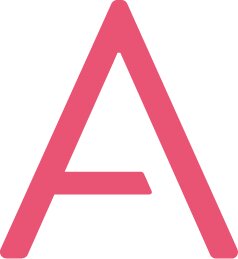Best Energy Regulatory Law Lawyers in Germany
Share your needs with us, get contacted by law firms.
Free. Takes 2 min.
Or refine your search by selecting a city:
List of the best lawyers in Germany
About Energy Regulatory Law in Germany
Energy Regulatory Law in Germany refers to the legal framework that governs the generation, transmission, distribution, and supply of energy - primarily electricity and natural gas. This area of law plays a crucial role in ensuring a reliable, sustainable, and affordable energy supply while protecting competition within the energy market. The primary aim is to balance the interests of energy providers, consumers, and the government’s broader climate and energy goals. The Federal Network Agency (Bundesnetzagentur) is the key authority tasked with oversight and regulatory functions in the energy sector.
Why You May Need a Lawyer
There are several situations where individuals or companies may require legal assistance in the field of Energy Regulatory Law in Germany. These include submitting or opposing applications for network access, dealing with connection disputes, compliance with licensing and permitting requirements for energy installations or energy trading, negotiating power purchase agreements, interpreting feed-in tariffs or renewable energy incentives, navigating issues around grid connection for renewable projects, handling disputes with energy suppliers, and facing regulatory investigations. Additionally, as Germany undergoes an energy transition (Energiewende), companies and consumers are often confronted with rapidly evolving regulations, which can make expert legal guidance essential.
Local Laws Overview
The German energy sector is primarily regulated by the Energy Industry Act (Energiewirtschaftsgesetz - EnWG), which sets the legal basis for the generation, supply, and distribution of electricity and gas. The Renewable Energy Sources Act (Erneuerbare-Energien-Gesetz - EEG) establishes frameworks for promoting renewable energies, like wind and solar, through financial incentives and feed-in tariffs. Rules on rates, grid access, and consumer protection are detailed in various ordinances and are closely monitored by the Federal Network Agency. Regulatory compliance is also shaped by EU directives, competition laws, and climate policy objectives. Providers must also adhere to requirements for unbundling (separating network operations from generation and supply) to prevent conflicts of interest and ensure fair competition.
Frequently Asked Questions
What is the Federal Network Agency and what does it do?
The Federal Network Agency (Bundesnetzagentur) is Germany’s main regulatory authority for electricity, gas, telecommunications, postal services, and railways. In the energy sector, it is responsible for overseeing the operation of energy networks, ensuring non-discriminatory network access, approving tariffs, and enforcing competition rules.
Do I need a permit to build a renewable energy installation?
Yes, most renewable energy installations - especially large wind, solar, and biogas projects - require permits from local authorities and must comply with national and regional planning and safety regulations outlined in the Energy Industry Act and the Renewable Energy Sources Act.
How are energy prices regulated in Germany?
Network and transmission fees are regulated and approved by the Federal Network Agency to prevent abuses and to ensure fair pricing. However, the actual cost of electricity or gas sold to consumers is largely determined by market competition, taxes, levies, and surcharges such as the EEG Surcharge.
Can consumers choose their energy supplier?
Yes, German consumers generally have the right to choose their electricity and gas suppliers thanks to liberalised markets, although choice may be limited in some rural or remote areas.
What protections do consumers have in the energy market?
Consumers are protected by regulations that require transparent pricing, prohibit unjustified disconnections, guarantee access to the grid, and provide avenues for dispute resolution. Consumers can submit complaints to the Federal Network Agency or local consumer protection agencies.
What is unbundling in the context of energy law?
Unbundling refers to legal requirements for the separation of energy production, transmission, and distribution operations. This prevents companies that own energy networks from discriminating against competitors and helps to foster fair competition in the energy market.
How does the EEG support renewable energy?
The Renewable Energy Sources Act guarantees fixed payments (feed-in tariffs) or market premiums for renewable energy producers, and mandates network operators to give priority to renewable energy when connecting to the grid.
How are disputes between network operators and energy suppliers resolved?
Such disputes are typically addressed through negotiation, mediation, or arbitration, but can also be taken to administrative or civil courts. The Federal Network Agency provides dispute settlement services for certain issues, such as network access.
Do energy companies need a license to operate in Germany?
Yes, energy suppliers and traders generally need to register and obtain relevant licenses before commencing operations, in accordance with the Energy Industry Act and other sector-specific regulations.
What are the penalties for non-compliance with energy regulations?
Penalties for non-compliance can range from administrative fines to the withdrawal of licenses and, in serious cases, criminal prosecution. Regulatory authorities also have powers to order remedial actions or impose operational restrictions.
Additional Resources
For those seeking further information or direct assistance, the following resources may be helpful:
- Federal Network Agency (Bundesnetzagentur): Germany’s main regulatory authority for the energy market, offering extensive information and consumer dispute resolution services.
- Federal Ministry for Economic Affairs and Climate Action (BMWK): Supreme governmental body for energy policy in Germany, with public guidance on regulatory matters and policy updates.
- Verbraucherzentrale (Consumer Advice Centers): Non-governmental organizations providing free and independent advice to consumers on energy contracts, suppliers, and disputes.
- Chamber of Commerce and Industry (IHK): Provides guidance for businesses navigating energy regulations and compliance requirements.
- Industry Associations: Such as BDEW (Federal Association of the Energy and Water Industry) and BNE (Federal Association of New Energy Suppliers), which offer resources and advocacy for market participants.
Next Steps
If you believe you need legal advice on Energy Regulatory Law in Germany, consider the following steps:
- Clearly identify your legal issue or objective, whether it involves regulatory compliance, licensing, a dispute, or project development.
- Gather all relevant documents, correspondence, permits, or contracts you possess about the issue.
- Contact a qualified lawyer who specializes in energy law or regulatory law. Look for specialists who are familiar with administrative law, public policy, and the technical aspects of energy markets.
- Request an initial consultation to discuss your case, potential legal strategies, and the costs involved. Some legal professionals offer a preliminary assessment for a fixed fee.
- If you are a consumer, consider reaching out to your local Verbraucherzentrale or the Federal Network Agency for general advice or support before commencing formal legal proceedings.
Understanding your rights and obligations under energy law is crucial in a rapidly evolving sector like Germany’s. Prompt and professional legal guidance can help you navigate complexities, secure or protect your interests, and ensure compliance with all applicable regulations.
Lawzana helps you find the best lawyers and law firms in Germany through a curated and pre-screened list of qualified legal professionals. Our platform offers rankings and detailed profiles of attorneys and law firms, allowing you to compare based on practice areas, including Energy Regulatory Law, experience, and client feedback.
Each profile includes a description of the firm's areas of practice, client reviews, team members and partners, year of establishment, spoken languages, office locations, contact information, social media presence, and any published articles or resources. Most firms on our platform speak English and are experienced in both local and international legal matters.
Get a quote from top-rated law firms in Germany — quickly, securely, and without unnecessary hassle.
Disclaimer:
The information provided on this page is for general informational purposes only and does not constitute legal advice. While we strive to ensure the accuracy and relevance of the content, legal information may change over time, and interpretations of the law can vary. You should always consult with a qualified legal professional for advice specific to your situation.
We disclaim all liability for actions taken or not taken based on the content of this page. If you believe any information is incorrect or outdated, please contact us, and we will review and update it where appropriate.
Browse energy regulatory law law firms by city in Germany
Refine your search by selecting a city.














